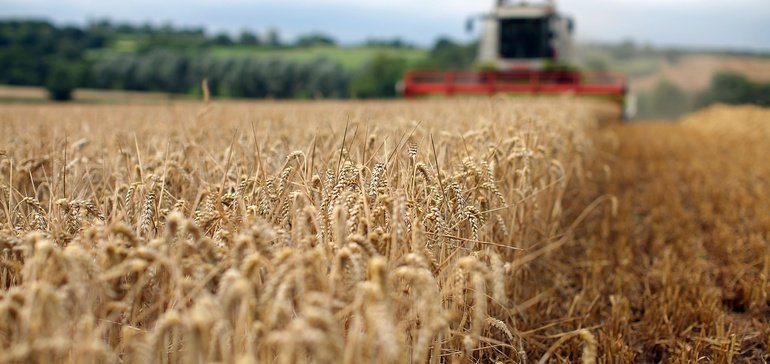- Nestlé announced it is investing 1.2 billion Swiss francs ($1.29 billion) over the next five years to support and accelerate the transition to regenerative agriculture across its global supply chain. The company will work with its network of more than 500,000 farmers and 150,000 suppliers to promote practices that enhance biodiversity, soil conservation, regeneration of water cycles and integration of livestock.
- Regenerative agriculture is a farming technique that aims to protect natural resources and restore farmland while drawing down carbon dioxide from the atmosphere and reducing greenhouse gas emissions. Agriculture accounts for nearly two-thirds of Nestlé’s total emissions, the company said.
- The regenerative agriculture commitment comes ahead of the U.N. Food Systems Summit next week in New York, which will examine how to create a more sustainable food system to help battle climate change. The technique has become one of the most popular ways for large food companies to tackle their environmental footprint, with PepsiCo, General Mills and Cargill among those to announce regenerative agriculture initiatives.
With such a large proportion of its emissions coming from the farms that cultivate its raw ingredients, it is no surprise that Nestlé is looking to tackle farming first as it seeks to halve emissions by 2030 and achieve net zero by 2050.
Nor is Nestlé alone in looking to regenerative agriculture to incorporate sustainability practices into its operations to address environmental, social and governance issues that increasingly are important to consumers. Cargill recently announced it will pay farmers about $20 for each metric ton of carbon they sequester using regenerative agricultural practices such as no-till or the use of cover crops as part of its new RegenConnect program.
In April, PepsiCo announced it would restore about 7 million acres of farmland through regenerative agriculture by 2030 — the equivalent of how much land it uses to grow the ingredients for its products. This move would cut at least 3 million tons of emissions by the end of the decade, it said. By the end of this year, the soda and snacks giant said it planned to expand regenerative practices to 500,000 acres of U.S. farmland.
This past March, Danone North America and Ingredion announced commitments to adopt sustainable agriculture practices on more than 1 million total acres of land. And General Mills has committed to using regenerative agriculture methods on 1 million acres of farmland by 2030.
Regenerative agriculture also builds and supports a symbiotic relationship between manufacturers, farmers and consumers. As part of its new commitment, Nestlé will provide investments to individual farmers to help them convert to more sustainable practices. And it will facilitate lending or help them obtain loans for needed equipment.
“In the spirit of enabling a just transition it is vital that we support farmers around the world that take on the risks and costs associated with the move towards regenerative agriculture,” CEO Mark Schneider said in a statement.
In return, companies such as Nestlé can scale up their regenerative-farmed ingredients and even increase yields. In its announcement, the world’s largest food company noted it was investing in R&D to develop higher-yielding coffee and cocoa varieties that also have a lower environmental impact.
This move en masse by CPG giants toward regenerative agriculture demonstrates how much opportunity they see in responding to consumers’ concerns about the sustainability of the global food system. Nielsen estimates shoppers will spend up to $150 billion on sustainable products by the end of 2021.







